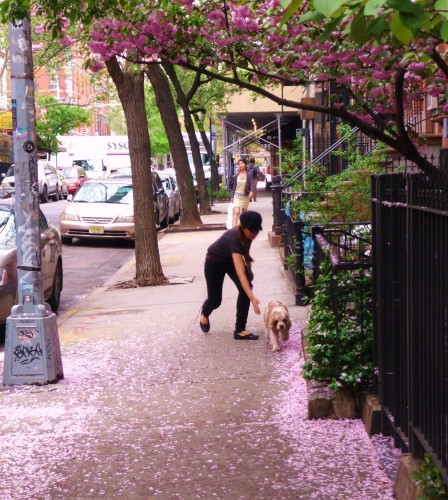El Palacio de Hierro (The Iron Palace), the most exclusive department store in Mexico City, opened its doors in 1891. In 1997, hoping to update its image as a fuddy-duddy institution for aging women, it hired an ad agency to develop a campaign to attract a younger clientele. The resulting ads, plastered on billboards and bus stops all over town, depicted ivory-skinned women with fine European features, impeccably coiffed, painted and clad, staring defiantly at the camera. Accompanying tag lines included "It's easier to conquer a man than a mirror" and "There are two things a woman can't avoid: crying and shopping for shoes." Dominating the design of each ad were three little words: Soy totalmente Palacio (I'm totally Palacio).
The campaign created controversy. Their cleverness was perceived as a guilty pleasure by opinion makers, who at the same time condemned the ads' image of women as manipulative bitch goddesses with insatiable shopping habits (another catch phrase was, "Luckily we're the weaker sex. The stronger pays when we go shopping"). Incredibly, almost fifteen years later, the campaign continues. The two ads above, aimed at graduating high-school seniors, are teaching family values to Palacio shoppers. One says, "You can copy my exam. But not my hairstyle." And the other, "I can give you the phone number of my ex, but never of my stylist."
I miss performance artist Lorena Wolffer's didadict countercampaign from a decade ago, which featured a darker-skinned woman more typical of Mexico City, with the tag line Soy totalmente hierro (I'm totally iron). This ad depicted her frowning on a pesero, as the straphanger alongside breathes down her neck, with the phrase, "The problem is that you think my body belongs to you." Another simply asked, "Who teaches you to be a woman?"













